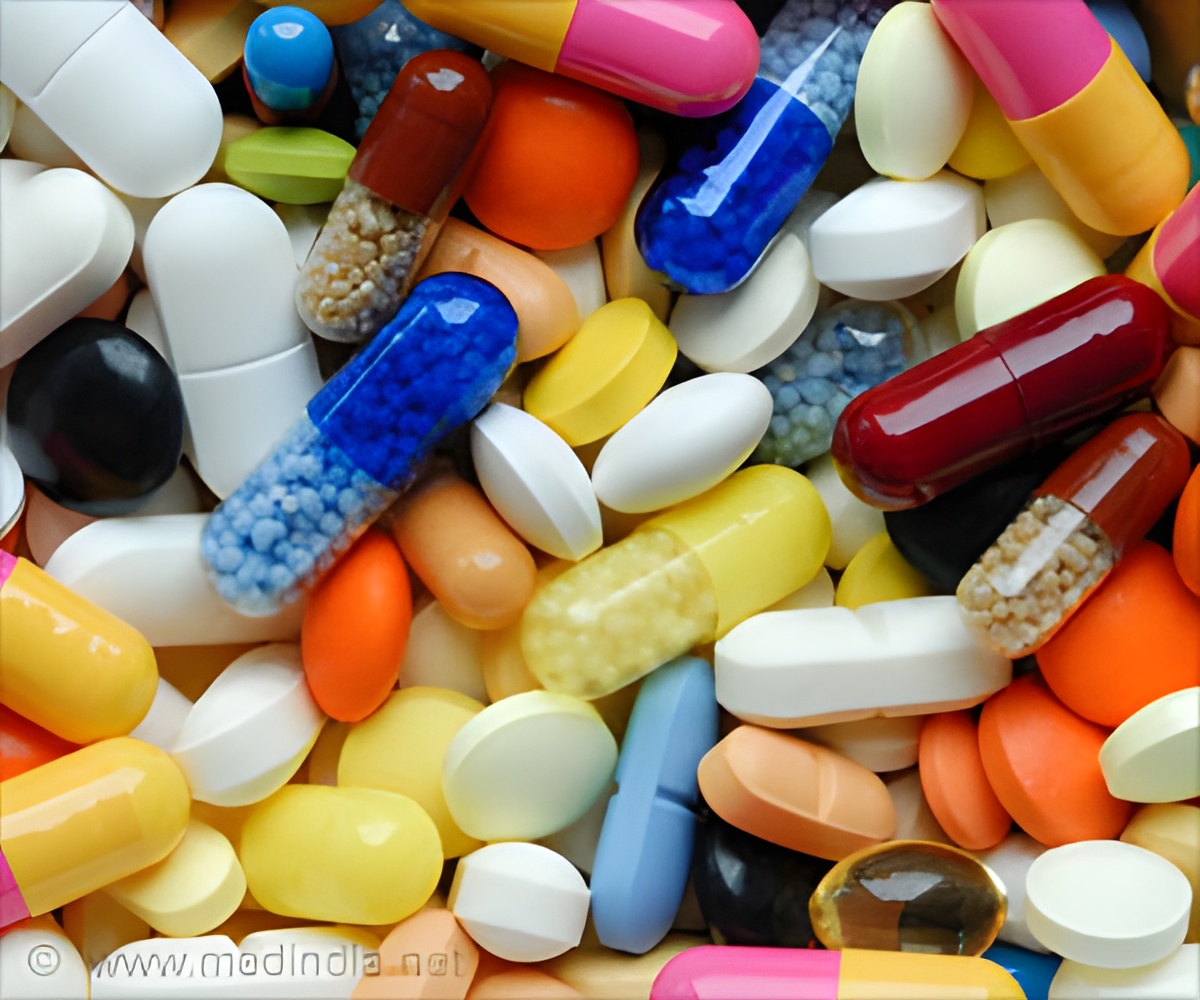Jena University pharmacists and international partners presented a highly sensitive test system for anti-inflammatory drugs.

‘Using a mass spectrometer, several dozen mediator molecules that have been released are detected and an individual spectrum is created for each active ingredient. This allows conclusions to be drawn about the influence of the drug on the entire inflammatory process.’





As the team's scientists report in the specialist publication, 'The FASEB Journal', they have succeeded in clarifying the complex effect of active compounds that are administered on the formation of endogenous signalling substances in immune cells during an inflammatory reaction (DOI: 10.1096/fj.201802509R). In the future, this will make it possible to develop new active drugs with fewer side effects. Working groups from Harvard Medical School in Boston and the Karolinska Institute in Stockholm were also involved in the research work. Inflammation occurs in two phases
"Inflammation proceeds - roughly speaking - in two successive phases," explains Markus Werner, a doctoral student at the Chair of Pharmaceutical and Medical Chemistry of Jena University and first author of the study. During the initial phase, type 'M1' immune cells (macrophages) are active. They produce inflammatory messenger substances (prostaglandins and leukotrienes) from unsaturated fatty acids, which trigger typical symptoms such as fever and pain. After a few days, the second phase begins, in which the inflammation is resolved. In this phase, type 'M2' macrophages are active, which produce inflammation-resolving messenger substances from the fatty acids (called resolvins).
"Conventional drugs intervene equally in both phases," says Dr Jana Gerstmeier. "They reduce the production of both proinflammatory messenger substances and inflammation-resolving mediators." This alleviates the first acute inflammatory reaction, but at the same time it also hampers the second phase in which the inflammation resolves. "There is a risk of inflammation not being stopped and continuing to progress, so that secondary diseases occur." Ideally, drugs should therefore reduce only the acute phase, but not impair the phase in which the inflammation resolves.
The special feature of the methodology is its sensitivity
Advertisement
The special feature of the methodology developed in Jena is its sensitivity: the inflammation-resolving substances of the second phase are effective in concentrations about 1,000 times lower than the inflammatory signal substances of the first inflammatory phase. Very sensitive analytics are required in order to be able to detect these substances, and the Jena laboratory is one of the few laboratories in the world to have mastered this methodology.
Advertisement















